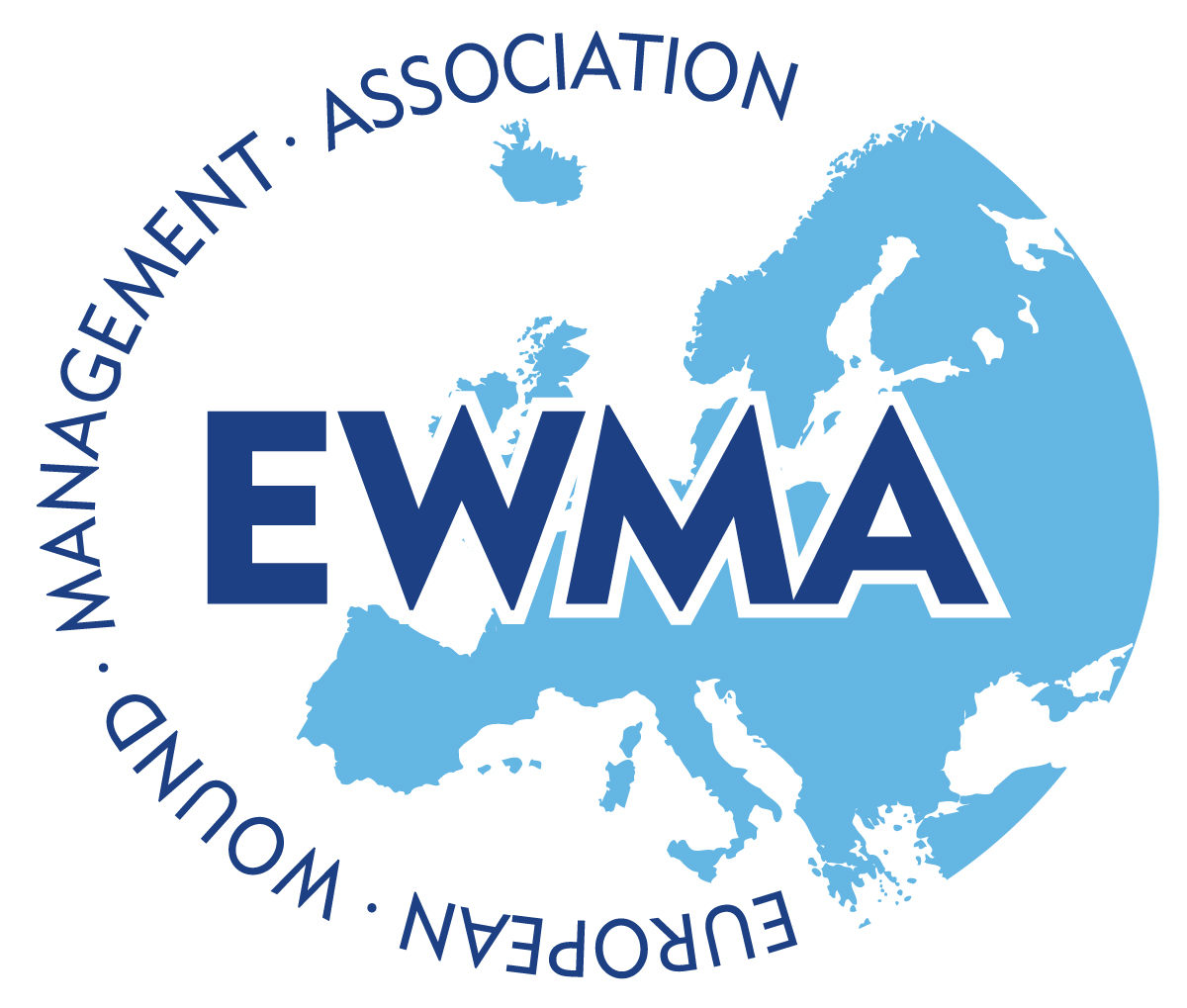Elizabeth E. Hogue, Esq.
Office: 877-871-4062
Fax: 877-871-9739
E-mail: [email protected]
Twitter: @HogueHomecare
Complete, accurate documentation is paramount in health care! Practitioners can’t achieve quality of care for their patients without it. Licensure and certification depend upon it. It’s necessary for payment. Avoiding possibly devastating results from audit activities by outsiders; including target probe and educate (TPE), RACs, ZPICs, etc.; relies upon complete, accurate documentation. It’s just plain crucial! And yet…providers continue to struggle mightily with inadequate documentation that regularly produces adverse results. How can the problem be addressed effectively?
Anecdotally, it seems that most providers know how to produce complete, accurate documentation, but they don’t. Now there is a study that seems to verify that this is indeed the case. Researchers from the University of Manchester, Columbia University and Appalachian State University worked with the Visiting Nurse Services of New York (VNSNY) to address questions about compliance. The results of the study appeared in the American Journal of Infection Control on June 14, 2018.
The study revealed that knowledge is not the most important factor with regard to compliance with effective infection control measures. The nurses in the study certainly knew about and understood standards of care regarding effective infection control. Rather, the study showed that attitude, as opposed to knowledge and experience, was the key factor to achieving compliance. The results of this study also seem applicable to compliance with applicable standards for complete, accurate documentation.
When providers identify deficiencies in documentation, it is often tempting to provide additional education to staff about how to document completely and accurately. The assumption seems to be that practitioners aren’t documenting completely and accurately because they don’t know how to do it. Instead, it now appears that the issue isn’t knowledge or experience at all. According to this study, it’s all in the attitude!
Consequently, targeted strategies to alter the attitudes and perceptions of staff members are needed. When staff members see documentation as the linchpin that it is, they will do a better of completing documentation that is complete and accurate. How can managers change the attitudes and perceptions of staff members?
It seems likely that documentation must become personal. That is, practitioners must have some “skin in the game.” In other words, the importance of complete, accurate documentation is not avoidance of some distant payment denials or adverse audit results that may impact staff members little, if at all. The consequences of inadequate documentation must come home to practitioners in order to change attitudes and perceptions.
Managers can likely determine how best to accomplish necessary changes in attitudes and perceptions of their staff members. It may be helpful to individualize strategies for doing so. Perhaps it’s time to tie compensation extremely closely to the timely preparation of complete, accurate documentation.
In short, less emphasis on reeducation and more emphasis on attitudes and perceptions is needed now!
©2018 Elizabeth E. Hogue, Esq.
All rights reserved.
No portion of this material may be reproduced in any form
without the advance written permission of the author.


